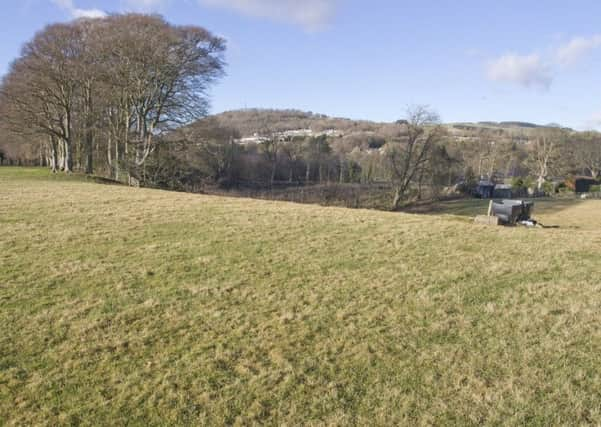Council defends dealings with offshore tax haven to buy Lowood Estate for £9.6m


In response to a freedom-of-information request, Scottish Borders Council has confirmed it paid the £9.6m bill for the 110-acre site to Lowood Estates and Genesis Trust and Corporate Services, both based in the British overseas territory in the Caribbean.
That means the firms will not have to pay any tax on the transaction.
Advertisement
Hide AdAdvertisement
Hide AdTaxpayers here footing the bill for the purchase of the estate from its owner, Alexander Hamilton, face paying £422,250 in land and buildings transaction tax and £30,000 in value added tax, bumping the cost of the deal up to nearly £11m, on the other hand.
On top of that, a loan for the purchase will cost £780,000, to be paid off over 10 years.
The freedom of information request was made by former Hawick councillor Andrew Farquhar, and he said: “To be honest, I’m puzzled by this. I’m a taxpayer, my income is taxed, then I pay council tax to Scottish Borders Council for their services.
“I’m puzzled as to why we’re dealing with offshore businesses, which avoid tax, when we have to pay tax ourselves.
“There’s a lot of controversy about this.
Advertisement
Hide AdAdvertisement
Hide Ad“Is the council getting best value? There are a number of recommendations saying that this is not best value, including the opinion of the district valuer, who valued the land at below the price that was paid for it.
“Of course, the council will not say what that valuation was.
“There are far too many questions here, and we have an administration that is not asking enough questions on our behalf.”
The Lowood Estate, sitting alongside the River Tweed, is earmarked for a 300-home development and business park.
Advertisement
Hide AdAdvertisement
Hide AdCouncil officers believe that the site, part of a wider Tweedbank development masterplan, will create 180 permanent jobs, and a similar number during its construction phase.
The council estimates that developing the estate would cost an extra £90m on top of the price of the land but would potentially generate £150m of gross value added for the region’s economy.
However, concerns have been raised about the value of the land and the price the council paid for it.
The Scottish Government’s district valuation service, a body offering impartial advice on how public money is spent, reportedly warned the local authority that the land is not worth £9.6m, but its advice is still being kept secret.
Advertisement
Hide AdAdvertisement
Hide AdThe council has defended doing business via an offshore tax haven, though, saying: “As a public authority, Scottish Borders Council was required to provide the information requested by Mr Farquhar.
“Mr Farquhar has now chosen to publicise this information in a way that, in our view, is entirely inappropriate.
“The council believes private individuals should not be subject to this level of scrutiny regarding how they conduct their personal finances and legitimate tax affairs.
“We remain of the view that the robust business case on which the decision to acquire Lowood for economic development purposes was based still stands.
Advertisement
Hide AdAdvertisement
Hide Ad“The purchase of the site, now in public ownership, will provide good long-term value for the taxpayer, creating jobs, new homes and delivering economic benefits.”
The deal agreed in December was for the remaining 110 acres at Lowood still in private hands to add to 190 acres bought from then owner Constance Hamilton using compulsory powers by the former Roxburgh County Council in the early 1970s to create Tweedbank.
The land now belongs to Lowood Tweedbank, a company set up and owned by the council.